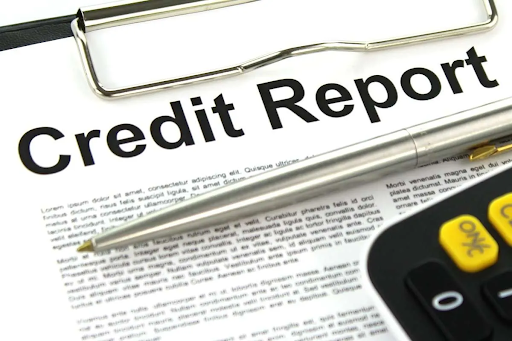Every year, the nationwide consumer reporting agencies (NCRAs)—Equifax, Experian, and TransUnion- receive tens of thousands of complaints regarding incorrect information on consumer credit reports. And, every year, the NCRAs attempt to solve their communication/operational problems with new policies that sometimes work and sometimes make no significant difference.

Recently, the Consumer Financial Protection Bureau released its annual report on the performance of the NCRAs concerning how they process credit reporting errors. In this piece, we’ll break down some of the CFPB’s findings.
Credit Report Disputes – The Continuing Issues
This past year, the NCRAs strict screening policies left many waiting for a response to their credit complaints. While the new screening requirements might reduce the number of potentially fraudulent complaints, it also left consumers with several issues:
- Consumers’ Attempts to Correct Information Go Unanswered
Many consumers may wait a long time to hear back from the NCRAs, and many may not hear back at all. For someone trying to recover from the fallout of identity theft, unanswered correction requests can leave consumers with poor credit scores, limiting options for loans or other major purchases.
- Consumers Discover Debt That They Were Previously Unaware Of
Without a timely reporting system, victims of identity theft may not even know their information’s been stolen until the damage has been done. Or, even if they’re aware of the theft, they have a hard time understanding the extent of the damage. This communication delay can prevent victims from taking action and allow others to steal their information.
- Consumers Receiving Different Outcomes for the Same Report
Longer wait times for a response lead to multiple requests– like an unanswered doorbell, it’s natural to ring it once again. However, submitting multiple requests to the NCRAs may result in several, sometimes conflicting, solutions to a single problem.
- Consumers Spending Time and Money to Have Information Corrected
Some victims will turn to outside sources to resolve credit report disputes and expedite the process. While working with reputable identity theft lawyers and credit report lawyers is advisable in these types of situations, there are “bad actors” working in the credit correction space, and not all solicitors are acting in their client’s best interests.
Help Yourself
Every so often, the NCRAs update their policies for handling credit report disputes, and they’re bound to do so again. As a consumer, report any problems with the communication process as soon as possible and reach out for professional guidance from experienced and trusted attorneys.
If you feel your consumer rights have been dismissed and the NCRAs won’t help you, don’t ignore the problem. Contact an experienced credit report lawyer to get your life back on track.



